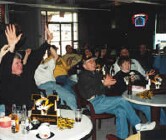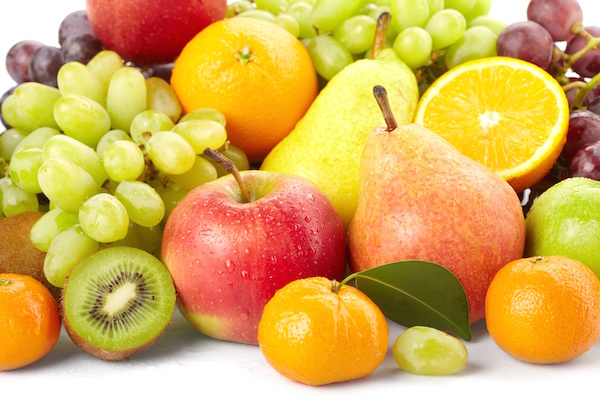
SATURDAY, Feb. 4 (HealthDay News) — All the food and beverages served at Super Bowl parties can make it a challenging day for people who made a New Year’s resolution to lose weight.
“We know January is the start of lots of new diets. But, then February starts and the first weekend is Super Bowl Sunday, one of the biggest eating days all year,” Alenka Ravnik-List, a registered dietitian and diabetes program coordinator at the Mount Sinai Medical Center in New York City, said in a center news release.
“Hours in front of the television can test our willpower. Too often people with good intentions will fail,” she added.
However, by following a few rules you’ll be able to limit the impact Super Bowl Sunday has on your diet plans, Ravnik-List said.
Start by making sure you eat breakfast on game day. Research has shown that people who skip breakfast tend to eat more food than usual at the next meal and munch on high-calorie snacks to ward off hunger. It’s also a good idea to have a light lunch so you won’t be famished by the time the game starts.
The game doesn’t begin until after 6 p.m., so that gives you plenty of time to get out for some exercise that day. During half time, take a walk around the block or toss a football around in the yard.
Use a medium-sized plate, about eight to nine inches wide, in order to limit the amount of food you eat. Half the plate should be loaded with colorful vegetables and the other half with lean protein and whole grain starches. If you suspect your Super Bowl party hosts won’t offer vegetables or other healthy snacks such as popcorn, bring your own, Ravnik-List suggested.
If you drink alcoholic beverages, choose those with fewer calories and carbohydrates, such as light beer, champagne or dry wine. For mixed drinks, use sugar-free mixes such as diet soda, diet tonic, club soda or seltzer.
Instead of chips, use nutritious choices such as broccoli, carrots, celery and tomato grapes for dips. Try lighter versions of your favorite dips. Don’t sit within an arm’s length of the chip and dip bowls or other snacks that you can’t resist.
Limit what you eat during the actual football game. Try to eat only during half-time and have a small snack after the first and third quarters, Ravnik-List suggested.
More information
The American Academy of Family Physicians offers nutrition advice.

